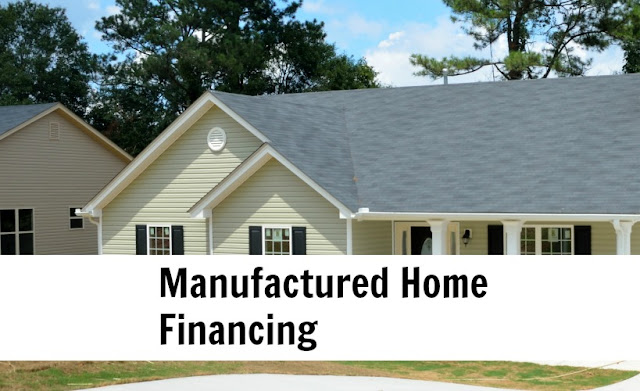History of FHA
The Federal Housing Administration (FHA) was founded on 27th June, 1934. It was into oblivion for some time in 1990s but has become popular again since 2005 and is under the umbrella of The Department of Housing & Urban Development. It had strict guidelines for loan approvals and sellers didn't approve of them. But with the passage of time the FHA loans have become less stringent and have become quite poplar among a specific strata of society.
The working of FHA
To begin with, FHA doesn't guarantee your loans or gives you loans. It only insures the lender that if your loan goes into default. When someone lends you money as loan and you decide to put in less than 20% of the total loan value, FHA insures it and covers the risk the lender is facing by lending you money. Even if you don't get an approval from FHA the FHA approved lenders can accept your loan applications, process the application and underwrite and even finalize the loan.
Mortgage limits of FHA
One of the big advantages of FHA financing is that it has increased the maximum loan limits to keep. When I first started in the mortgage business, most homes in the Chicago area were priced under $100,000. Prices now, even after the down turn, are much higher. Since the cost keeps changing the FHA also keeps changing its mortgage limits. The FHA maximum mortgage changes based on the prices for housing in each area. In expensive areas, in 2009, it was 115 % of the average prices, subject to a maximum of $ 625,500. The loan limit is at $410,00 for a single family house in the Chicago area and the minimum nationwide is $270,000.
FHA loans for bad credit history
If you have had some problems with credit and you are looking at an FHA loan, you need not worry. You can get an FHA loan if we can show what happened with your credit and that it is not a current problem. FHA accepts FICO scores much lower than what is acceptable for a conventional mortgage. If you declared bankruptcy 2-3 years ago but have reestablished your credit, then you may be able to buy with an FHA loans. You may even be able to get an FHA loan within 2-3 years of your foreclosure.
FHA loans offer best rates and terms
The terms and conditions of FHA loans are simple to understand and calculate. FHA doesn't have the loan level price adjustments that are common with conventional loans, so the pricing is better for many borrowers. One of the great benefits of going with FHA is that you only need to have a 3.5% down payment, and all of this can come from a gift. FHA also allows the seller to pay the closing costs (it has to be negotiated into the contract when you buy) so you can often buy a home with out using any of your own money.
At one time, FHA was unpopular with Realtors and home sellers because their property standards were tough, and they required repairs before closing, often for little things. This isn't a real issue now, and though they still do require that the property meets their guidelines, the standards are much more practical and reasonable. They will require anything that is considered a health or safety issue to be fixed prior to closing, but in most cases conventional mortgages go with the same guidelines. There are no minimum income limit criteria for FHA loans. So if you are a first time buyer of a house are short of cash, this may be the best loan for you and a way to buy now.
Article Source: http://EzineArticles.com/3738804

















